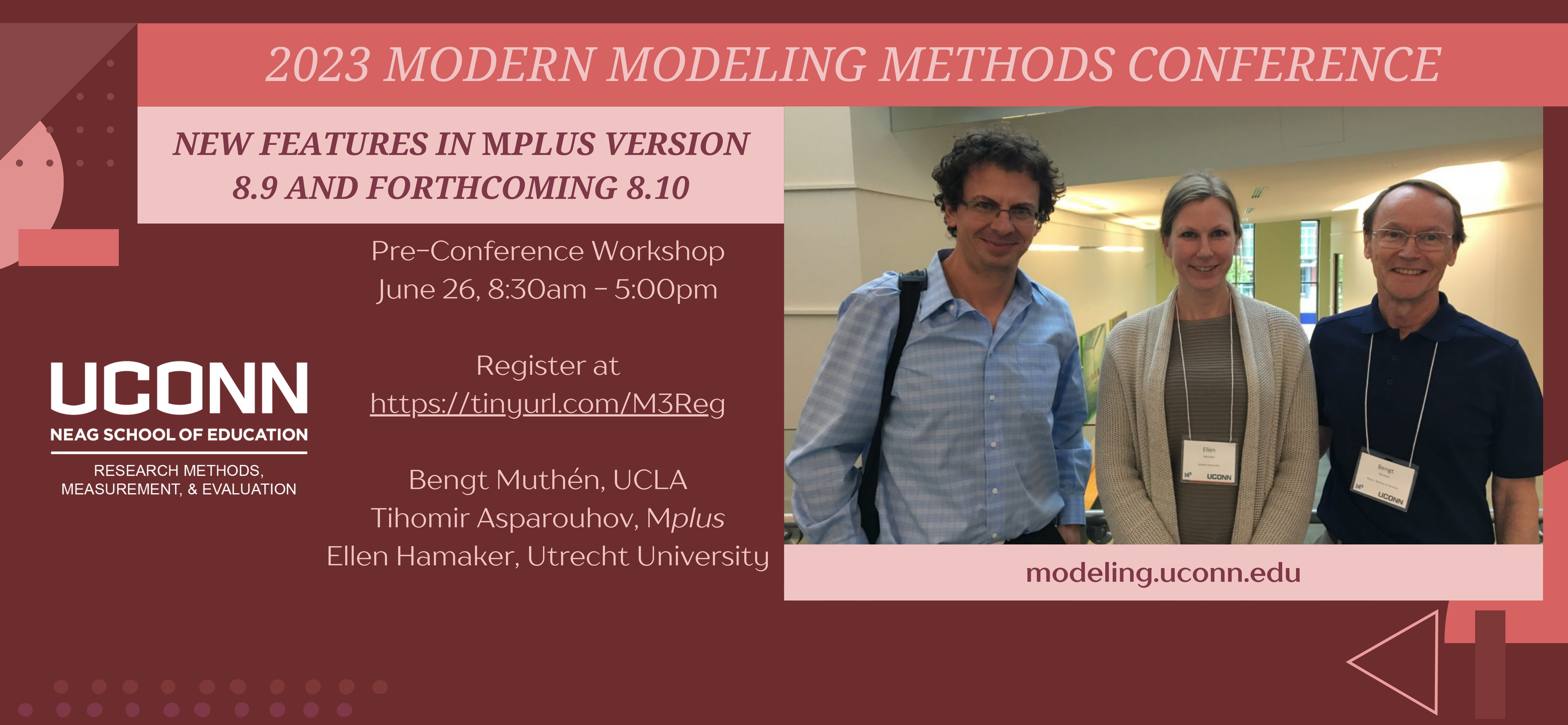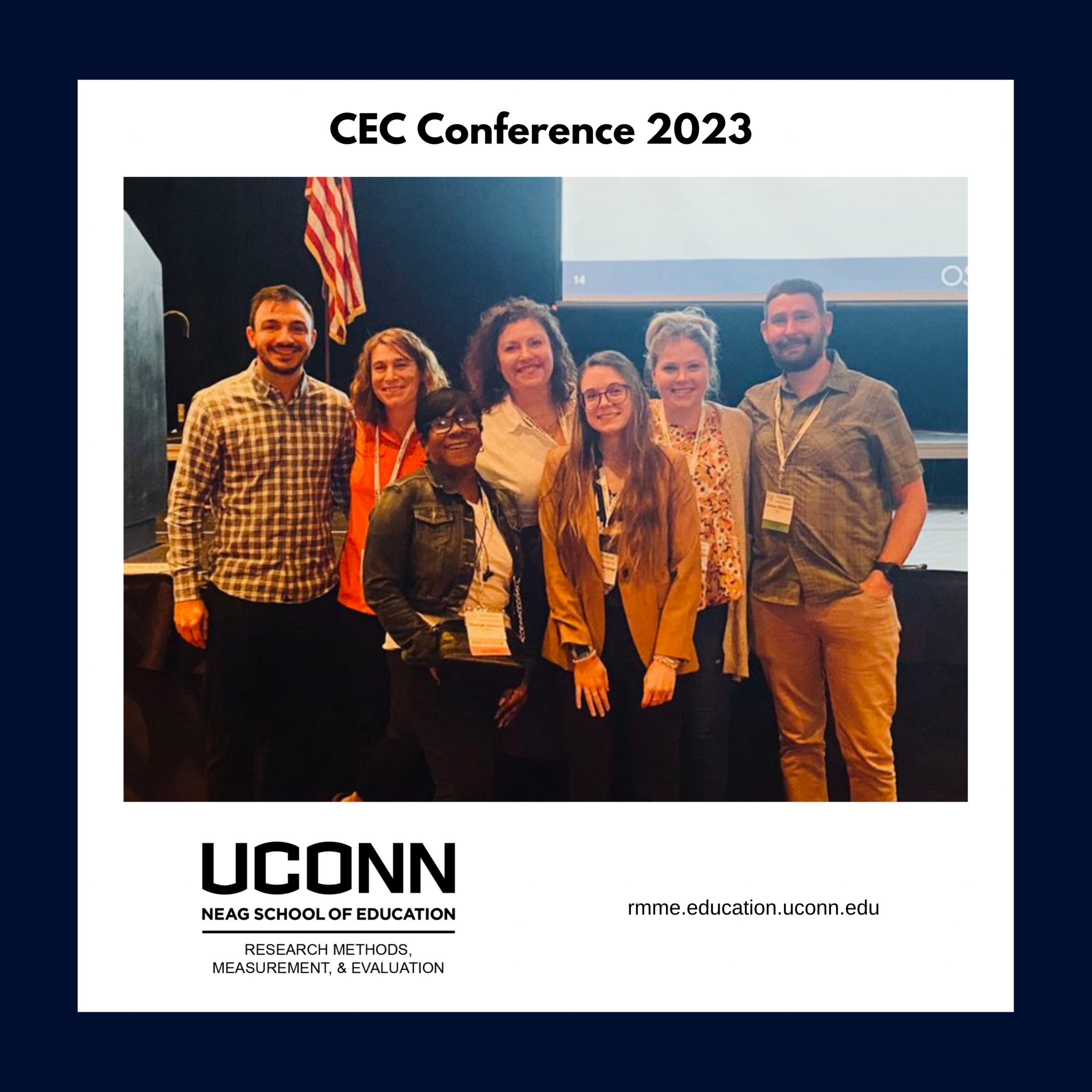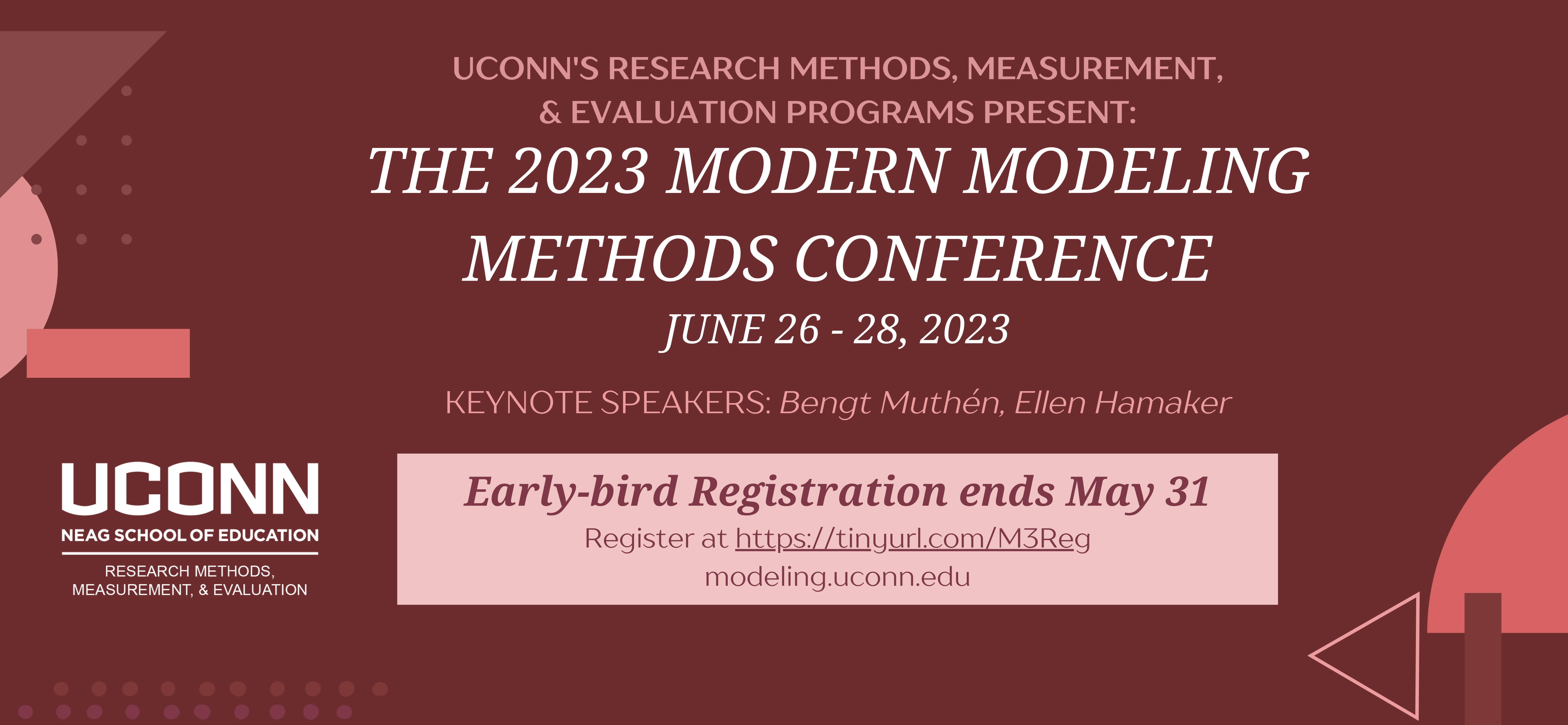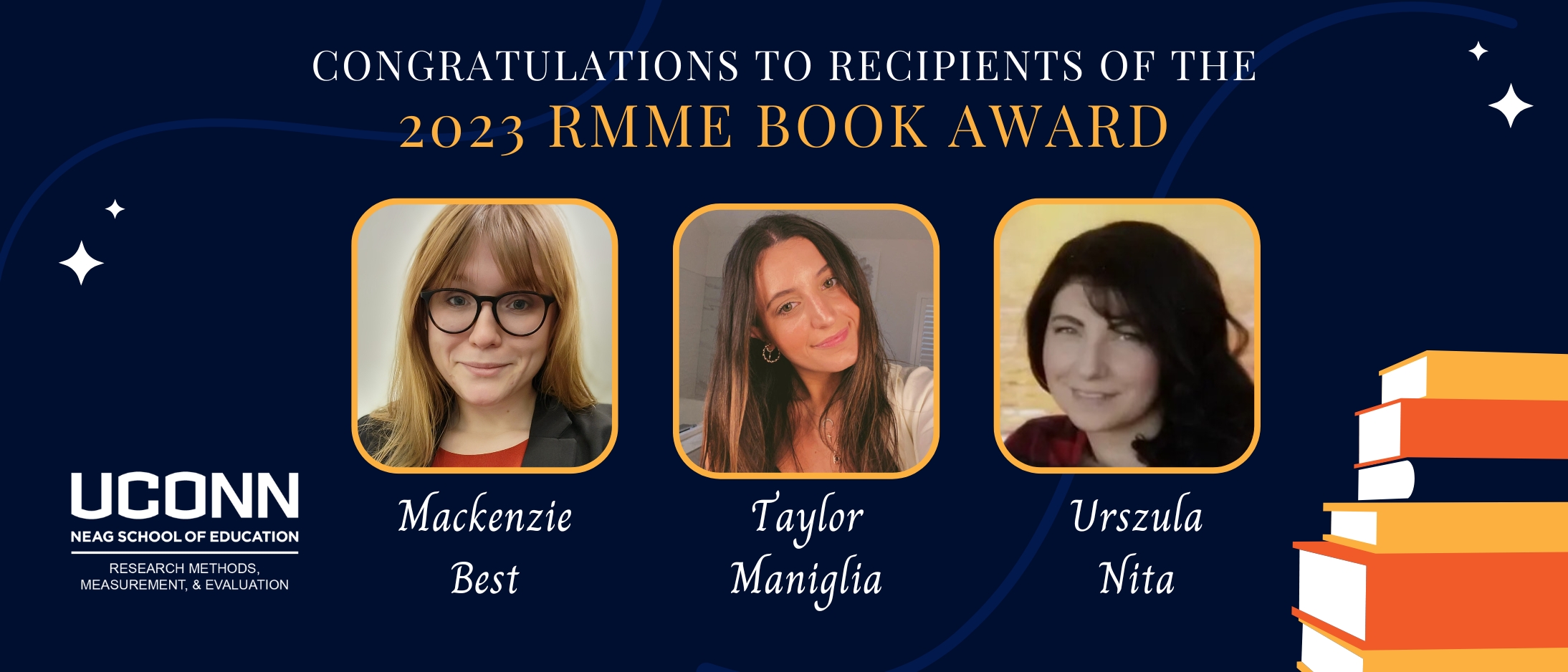RMME Evaluation Colloquium
The Health Profession Opportunity Grant (HPOG) Impact Study: A Behind-the-Scenes Look at Experimental Evaluation in Practice
Dr. Laura Peck
Abt Associates
Friday, March 10, at 11AM ET
https://tinyurl.com/eval-Peck
In 2010, the U.S. Department of Health and Human Services’ Administration for Children and Families awarded Health Profession Opportunity Grants (HPOG 1.0) to 32 organizations in 23 states. The purpose of the HPOG Program is to provide education and training to Temporary Assistance for Needy Families (TANF) recipients and other low-income individuals for occupations in the healthcare field that pay well and aim to meet local areas’ healthcare sector labor shortages. To assess its effectiveness, an experimental evaluation design assigned eligible program applicants at random to a “treatment” group that could access the program or a “control” group that could not. Beyond the impact analysis, the evaluation also probed questions about what drove program impacts, using various strategies. This colloquium will discuss how the HPOG 1.0 impact study was designed/implemented and introduce attendees to various design and analysis choices used by investigators, in partnership with the government funder, to address research questions. Specific topics will include: experimental design, multi-armed experimental design, experimental impact analysis, planned variation, natural variation, endogenous subgroup analysis, evaluation in practice.
